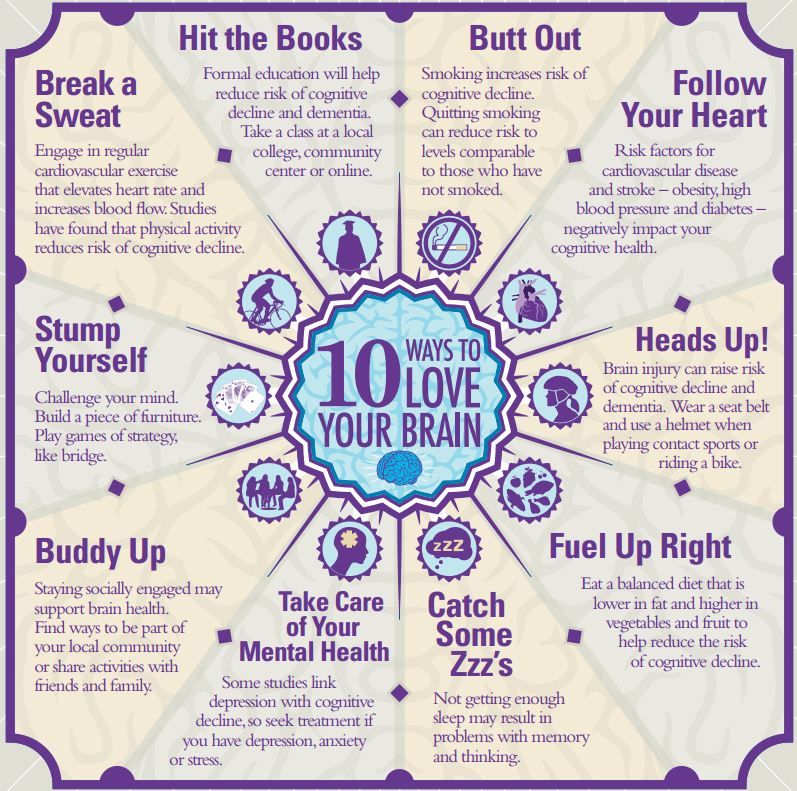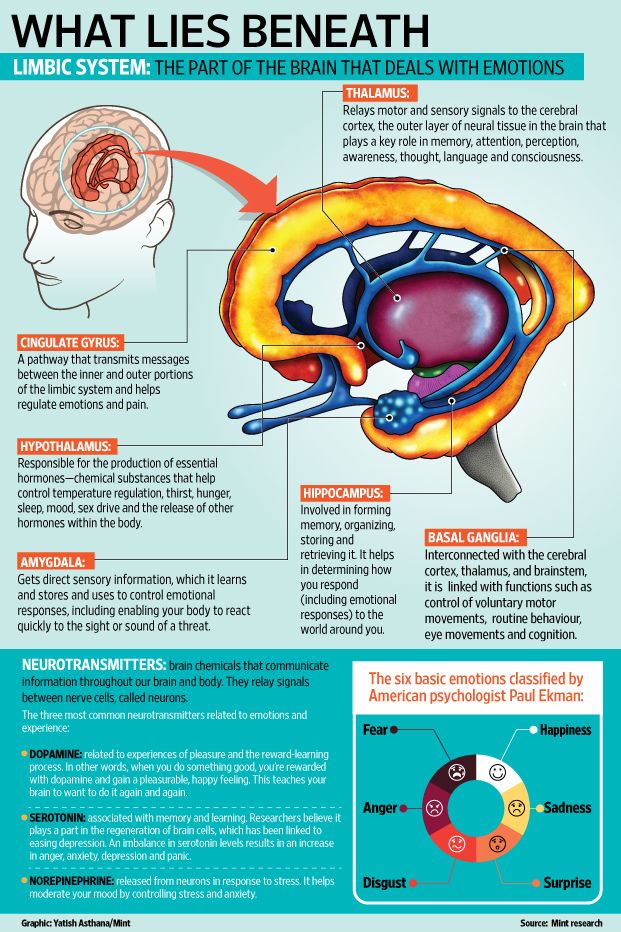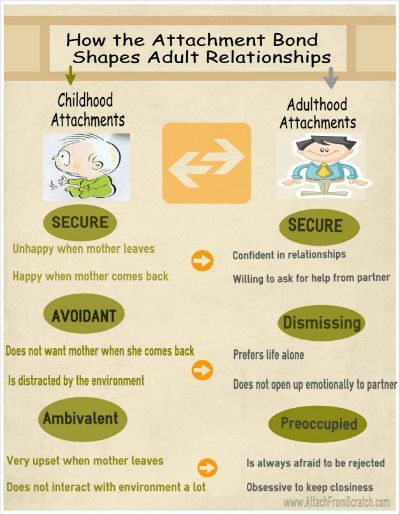Can psychopaths feel love
Can Psychopaths Love, Cry or Experience Happiness?
Natasha Tracy
Psychopaths are known for their lack of emotion but can psychopaths love? Can psychopaths cry or experience happiness? Emotional incapacity is well documented in psychopaths but some psychopaths may show some normal and even some hypersensitivity to some emotions. When answering "can psychopaths love?" it's also important to take into account how severe the psychopathy is in the individual. (How To Recognize and Identify Psychopathic Behavior)
Psychopaths and Shallow Emotions
Having shallow emotion and a lack of empathy, fear and guilt altogether are diagnostic symptoms of psychopathy. However, this still means that psychopaths can experience emotions like happiness to a smaller extent and in a fleeting way. These are not emotions to the intensity that the normal person would experience, but they are there. Rage may be an exception to this rule as rages appear to be something that psychopaths can feel.
Can Psychopaths Love?
The answer to this question may lie in how severe the psychopathy is. Psychopathy is typically measured on Hare's Psychopathy Checklist-Revised (PCL-R) and individuals are given a score out of 40. Those that score over 30 are considered classic psychopaths like these famous psychopaths. (The typical criminal who is not a psychopath scores around a 22 while non-criminal, non-psychopaths score around a two.)
The lower on the scale a psychopath is, the more likely they are to develop some sort of love for people such as family members. Psychopaths are much less likely to develop deep bonds with others, however. Interestingly, psychopaths may still want to be loved even if they are almost incapable of truly loving another. However, psychopaths typically experience many shorter-term relationships or even many marriages (Are you dating or married to a psychopath? Check this out and see).
Can Psychopaths Cry or Experience Sadness?
There are some areas where psychopaths may experience normal emotions and grief is one such area. In response to death of a person with whom there is a bond, some psychopaths can experience sadness and this may even bring about feelings of guilt which are otherwise impossible to feel. Crying may be a part of this. Exposure to trauma may also bring about emotions that would normally be suppressed in a psychopath.
In response to death of a person with whom there is a bond, some psychopaths can experience sadness and this may even bring about feelings of guilt which are otherwise impossible to feel. Crying may be a part of this. Exposure to trauma may also bring about emotions that would normally be suppressed in a psychopath.
It is also known that psychopaths are aware of the emotional separation between them and the rest of the world and this can cause them great dissatisfaction and suffering. Suffering may also be as a result of a desire for attention.
There are other areas where psychopaths may actually be hypersensitive to emotions due to a history of abuse or neglect - which is common in psychopaths (Psychopathic Personality and How It Develops). Examples of this can be experiences of disrespect, rejection by others, changes in circumstances that are not under their control and loneliness.
Can Psychopaths Experience Happiness?
There is little research on whether psychopaths can experience happiness, per se, but one could assume that psychopaths experience some positive emotion when they commit antisocial acts (one psychopathic serial killer calling killing a "high") thus being part of the reason they continue to commit them. Additionally, psychopaths constantly strive for stimulation and this may be a way of seeking positive emotions as well.
Additionally, psychopaths constantly strive for stimulation and this may be a way of seeking positive emotions as well.
article references
APA Reference
Tracy, N. (2021, December 17). Can Psychopaths Love, Cry or Experience Happiness?, HealthyPlace. Retrieved on 2022, November 24 from https://www.healthyplace.com/personality-disorders/psychopath/can-psychopaths-love-cry-or-experience-happiness
Last Updated: January 28, 2022
Medically reviewed by Harry Croft, MD
More Info
Psychopathic Personality and How It Develops
The Weapon of Language
Reforming the Abuser
Psychological Defense Mechanisms
Paranoid Personality Disorder Symptoms, Diagnosis
International Classification of Diseases (ICD) 10
Histrionic Personality Disorder
What Happens When a Psychopath Falls in Love
Source: oneinchpunch/Shutterstock
We've all seen the stereotype of a psychopath in the media. (Think Criminal Minds.) He is a man, typically in his 20s or early 30s, whose coldness and lack of remorse compels him to commit sadistic acts, including murder. Even the outstanding profile of psychopathy provided by Jon Ronson focuses almost exclusively on men who meet the clinical definition. Is psychopathy really gender-specific, affecting men more than women? Are psychopaths really incapable of strong emotions, empathy, and the ability to relate deeply to others? Research offers new details about individuals with psychopathic personalities, including what it is really like to fall in love with one.
(Think Criminal Minds.) He is a man, typically in his 20s or early 30s, whose coldness and lack of remorse compels him to commit sadistic acts, including murder. Even the outstanding profile of psychopathy provided by Jon Ronson focuses almost exclusively on men who meet the clinical definition. Is psychopathy really gender-specific, affecting men more than women? Are psychopaths really incapable of strong emotions, empathy, and the ability to relate deeply to others? Research offers new details about individuals with psychopathic personalities, including what it is really like to fall in love with one.
Psychopathy takes many forms, including the subthreshold variety in which people score high on personality tests that measure psychopathic tendencies. When examined as a continuous dimension on which people can receive varying scores, we can see how the degree to which a person has psychopathic tendencies relates to other facets of that individual’s psyche and relationships.
There is reason to think that subthreshold psychopaths would have difficulties in their intimate relationships. As noted by Université Laval (Quebec) psychologist Claudia Savard and colleagues in a 2015 scientific study, criminals in general have the insecure attachment style of avoidance in which they find it difficult to form close relationships with others. Individuals who fit the criteria of psychopathy—whether or not they also engage in criminal behavior—exhibit behaviors associated with an avoidant attachment style, being unable to form close intimate relationships. Emotional detachment and lack of empathy—two key indicators of psychopathy—also relate to maladaptive attachment styles.
People high in psychopathy still form romantic relationships, whether or not they get married or establish a committed bond. Such a relationship, however, may not be based on psychological intimacy in the traditional sense of the word. Instead, similar to Bonnie and Clyde. a couple may enter into a relationship based on a shared view of the world in which both try to get as much out of other people as possible. Their lack of empathy and ability to express deep emotions may lead, if not to a violent end, then to dissolution based on increasingly destructive patterns of interaction with each other.
Their lack of empathy and ability to express deep emotions may lead, if not to a violent end, then to dissolution based on increasingly destructive patterns of interaction with each other.
Even these somewhat ill-fated couples, however, can develop a more positive outcome if the healthier of the two partners can influence the other. Over time, they might form an intimate bond that allows both of them to become more trusting, sharing, and able to see things from the partner’s point of view.
To find out how psychopathy and attachment style might evolve over time, Savard and her coauthors took the novel approach of tracking a sample of married couples for a one-year period. This allowed the French-Canadian team to examine the effects of one partner on another over time. The 140 couples, together for an average of seven years, ranged in age from 18 to 35.
Participants completed their questionnaires separately, rating themselves on scales designed to measure their psychopathic tendencies of low empathy and manipulativeness (“primary" psychopathy) and their degree of engaging in antisocial behavior (“secondary” psychopathy). They also rated their attachment style along the dimensions of anxiety (fear of abandonment) and avoidance (inability to get close to others).
They also rated their attachment style along the dimensions of anxiety (fear of abandonment) and avoidance (inability to get close to others).
The fact that participants rated themselves across the two test occasions allowed the Savard team to examine the effect, over time, of one partner’s effects on the other partner’s scores. All couples were heterosexual, so the design of the study allowed the researchers to examine the effects of the male partner on his wife, and vice versa. This translated into looking at the actor’s (say, the man’s) effect on his partner as well as the converse, the effect of the woman (now the actor) on the man (now the partner in the analysis).
The authors could compare, then, the strength of the relationship from "actor" to "partner" in comparison to the strength of the relationship from "partner" to "actor." The authors also had to take into account the changes over time in each man and each woman, separate from the effect they had on each other (actor-actor effects).
Would, when the dust cleared from these comparisons, there be an effect of actor A on partner B, and vice versa? Would this hold true for both men and women? The actor-actor effects showed that for men, but not women, higher levels of primary psychopathy at the time of the first test (insensitivity) predicted higher levels of attachment avoidance at time of the second test. Men also showed stronger relationships across time between primary psychopathy and attachment-related anxiety, meaning that the more psychopathic men also expressed greater fear of intimacy.
For both men and women, though, the secondary psychopathic traits (engaging in antisocial acts) predicted greater attachment-avoidance and anxiety over time. Impulsive and irresponsible behavior, over time, becomes increasingly related both to fear of rejection and a tendency to withdraw from one’s partner.
Examining the actor-partner effects for men to women demonstrated the following: If you are a woman, having a male partner higher in psychopathy along both dimensions of insensitivity and impulsivity at the outset might make you more likely to detach from him over the course of time. Conversely, men partnered to women higher only in the impulsivity dimension of psychopathy became more anxious in attachment. The antisocial women may have caused their male partners to feel more afraid of rejection, more dependent, and more emotionally unstable.
Conversely, men partnered to women higher only in the impulsivity dimension of psychopathy became more anxious in attachment. The antisocial women may have caused their male partners to feel more afraid of rejection, more dependent, and more emotionally unstable.
Does correlation indicate causation? Not necessarily. But the study’s design allowed these researchers to definitively test paths in which psychopathy predicted attachment and, conversely, attachment predicted psychopathy. As the authors concluded, “psychopathic personality traits should be considered as a predictor of attachment insecurities, rather than the opposite, in a dyadic perspective” (p. 133).
In summary:
- If you’re the female partner of a man who tends toward the insensitivity or callous end of the psychopathic spectrum, be prepared for rough times ahead. His inability to empathize with you may only make you retreat further into yourself.
- If your partner is high in the impulsive component of psychopathy, your difficulties might worsen regardless of whether you are the male or female in the relationship.
 If it is your own personality that is problematic (i.e. you’re high in psychopathy), your ability to relate closely to the person you committed to may itself erode over time.
If it is your own personality that is problematic (i.e. you’re high in psychopathy), your ability to relate closely to the person you committed to may itself erode over time.
Knowing about these findings, is there anything you can do to improve a relationship with a person high in psychopathy? It seems to me that, armed with this study’s findings, you can increase your resolve to seek an intervention in which you address head-on the role of both you and your partner's personality in your relationship’s eventual ability to succeed.
Copyright Susan Krauss Whitbourne 2015
Facebook image: Pavel Ilyukhin/Shutterstock
what happens to a psychopath who manages to fall in love
From Masterweb
09.05.2020 16:17
What happens when a psychopath falls in love? Research shows that such people can care for others, but only when they do so willingly and only when they put in enough effort to learn how to be empathetic.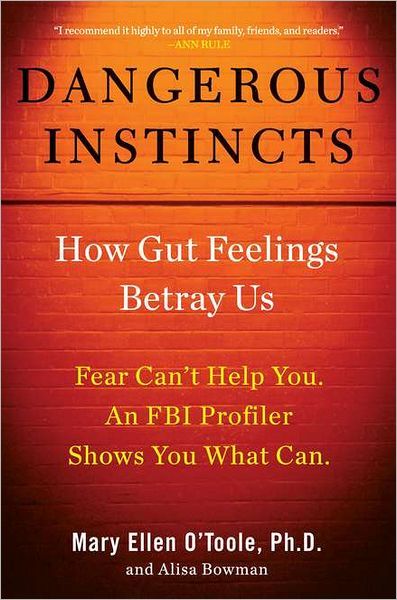 Psychopathy is a subcategory of personality disorder in psychology, and the main characteristics of psychopaths are lack of empathy, selfishness, lack of guilt, and glamor, which they use to manipulate others. However, psychologists believe that they can fall in love too, but the ways in which they express their feelings and communicate in their relationship are completely different.
Psychopathy is a subcategory of personality disorder in psychology, and the main characteristics of psychopaths are lack of empathy, selfishness, lack of guilt, and glamor, which they use to manipulate others. However, psychologists believe that they can fall in love too, but the ways in which they express their feelings and communicate in their relationship are completely different.
Psychopaths are able to love another person
Psychologists say that there are different levels and types of psychopathy. If a person does not show serious signs of a psychological disorder, then most likely he will be able to fall in love. Psychopaths can also feel lonely and have a desire to be loved. However, they find it difficult to establish a healthy relationship due to a lack of emotional connection and an inability to open up to the other person.
Their relationship is based on other reasons than traditional
Because psychopaths struggle with creating strong emotional bonds and intimacy in relationships, they are more likely to enter into relationships based on shared beliefs and attitudes towards the world. But their partner must be careful: such people are extremely selfish and usually try to manipulate their partner into sacrificing their own interests.
But their partner must be careful: such people are extremely selfish and usually try to manipulate their partner into sacrificing their own interests.
Psychopaths may crave intimate relationships, but are rarely able to create and maintain them. They find it difficult to form an emotional connection with other people due to their inability to show empathy. They cannot rely on other people and often try to take advantage of them and cannot provide emotional support to their partner.
Psychologists believe that psychopaths do not usually experience fear or anxiety, and because they have never felt these emotions themselves, they struggle with showing empathy and understanding the above and other feelings in other people. Research shows that they can take care of other people, but only when they do so willingly and only when they put in enough effort.
Psychopaths prefer short-term relationships
Psychopaths prefer to create short-term relationships without a strong emotional attachment. They are rarely interested in investing enough of their time in building long-term relationships that could potentially lead to marriage. They often put themselves and their feelings first, making it difficult to find the right partner.
They are rarely interested in investing enough of their time in building long-term relationships that could potentially lead to marriage. They often put themselves and their feelings first, making it difficult to find the right partner.
They excel at manipulating partners
They can easily "read" other people and understand their intentions. They know how to be charming and make you feel comfortable in any situation, which makes them the perfect manipulators. It's amazing that they don't feel any guilt when they do this. Psychopaths are self-centered and don't really care about the problems and feelings their actions may cause in other people. Their love can be pathological as they don't really know how to connect with people on a deep level, romantic relationships can be devastating for both partners.
Psychopaths are more likely to act in an impulsive manner. They are emotionally unavailable. Manipulation and lack of empathy can contribute to instability and tension in relationships.
Their feelings and attitudes can improve over time
The good news is that psychopaths can improve their behavior when they are motivated enough to do so. Psychologists believe that romance and communication with people who show love to them can teach them to be more empathetic towards other people and improve the quality of their social interactions.
Psychopaths don't know how to love! | Lifestyle
✅If you are "lucky" to meet a psychopath - run away from him, and quickly. In such a relationship, it is not he who will need help, but you, if you want to survive...
A psychopath is a person with a deep pathology of character. He easily steps over the fate of other people, turning them into steps on the ladder of his personal success. He knows no pangs of conscience and compassion. The other is just a thing for him, and if the thing can no longer be used for its intended purpose, then it should be thrown away. He perceives the norms of society and morality as an unfortunate hindrance in achieving his own goals. He will break them without hesitation, without thinking about what he is doing badly.
He will break them without hesitation, without thinking about what he is doing badly.
Sincere communication is not available to him, he interacts with this world only through manipulation. He is not attracted to simple human joys. Friendship, love and everything else that is valuable for an ordinary person does not find a response in his empty and cold emotional world.
The psychopath completely lacks the capacity for empathy. He does not feel another in any way - things do not hurt. The other is only an object of manipulation and a source of resources for him. Therefore, he really does not know how to love and develop healthy relationships. The psychopath is unable to offer emotional support to his partner because his own emotional world is empty.
Does a psychopath suffer from being deprived of love? No. It is impossible to suffer from the absence of what you have no idea about, what is alien and unfamiliar. The psychopath knows nothing about what he has lost. When he looks at the behavior of loving people, it seems to him strange and absurd. He doesn't want to be like them at all.
When he looks at the behavior of loving people, it seems to him strange and absurd. He doesn't want to be like them at all.
Love for a psychopath is tantamount to weakness, and he hates weakness. Weak people make him feel contempt. Love in his inner world is associated with illness, stupidity and addiction. And this does not fit in so well with his desire for superiority and the desire to command others. He does not devalue love according to the principle "But the grapes are green" in order to avoid suffering. He really feels that way.
The psychopath is torn between the desire to isolate himself from others out of a sense of contempt and superiority, and the need to receive resources from them. He hates what he cannot live without. Left without a sufficient resource victim, he runs the risk of falling into a severe depression. And having found the necessary support, he begins to destroy the personality of the one who gives it to him. In these relationships there is no even exchange of energies, the psychopath takes away, giving nothing in return .
In these relationships there is no even exchange of energies, the psychopath takes away, giving nothing in return .
It is easy to guess what is happening to his partner - day by day he is exhausted and approaches the state when he can no longer be used.
Life with a psychopath is hard and hopeless. With people from the immediate environment, he is predominantly gloomy, suspicious, emotionally cold and capricious. His day consists of endless complaints and threats, sudden fits of anger and rage. Therefore, the family of a psychopath, as a rule, consists of deeply unhappy, and in other cases, seriously ill people. At the same time, outside the family, especially with people who play an important role in the implementation of his life plans, he can behave in a completely different way. He is very good at masking his "undesirable qualities", but from time to time the defenses do not work and the hatred gets out of control.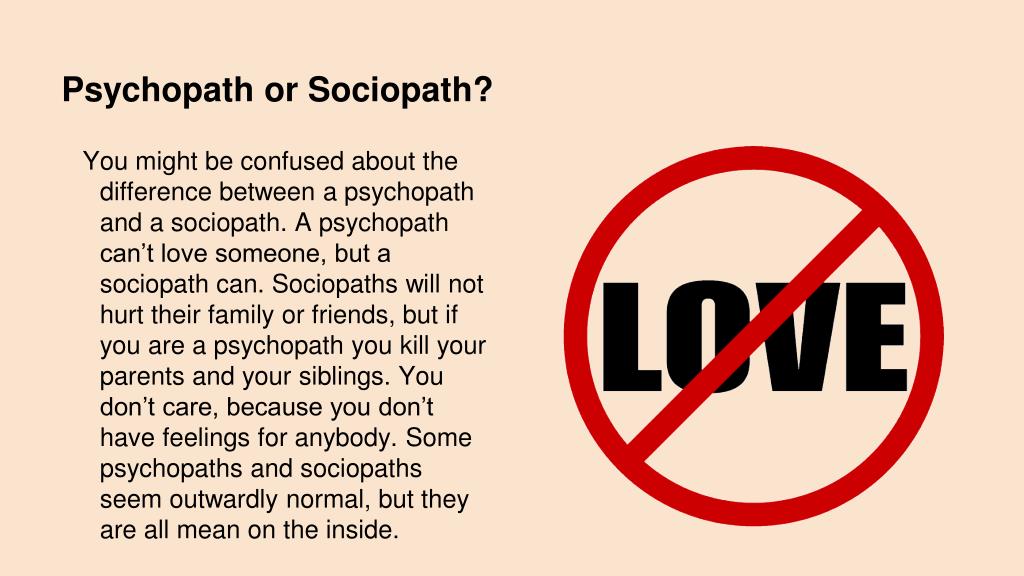 By humiliating others, he defends himself from his own humiliation.
By humiliating others, he defends himself from his own humiliation.
A psychopath loves very much when other people's wishes do not come true. To do this, he is ready to sacrifice his own benefit. He can frustrate a woman in a sexual relationship, even by confronting his own passion. And if this woman goes into the category of "relatives", then he begins to frustrate her also emotionally.
Most psychopaths hate women. After all, it was the woman - the mother who raised them the way they became, deeply disturbed and emotionally dead. Therefore, first of all, the psychopath is angry with the mother, and after her, with all the other women. At the same time, he needs a woman and he is forced to conquer her. She is for him a vital source of resources that can revive his emotional desert. The problem is that so many resources are needed that it devastates the woman herself.
Can this be cured? No, it's not a disease.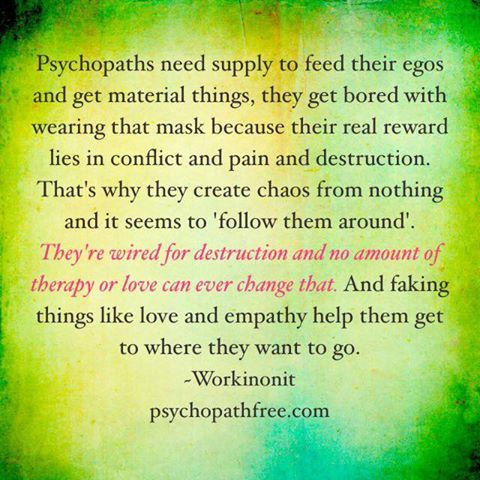 This state is present in a person either from the very beginning of life, or from a very early age. Kindergarten teachers and doctors in polyclinics often pay attention to such children. They are completely uncontrollable, behave aggressively, and sometimes even cruelly. There is a feeling that it is this child who wants to do everything for evil. As an adult, such a child perceives his personality and his character as a given, which distinguishes him from others.
This state is present in a person either from the very beginning of life, or from a very early age. Kindergarten teachers and doctors in polyclinics often pay attention to such children. They are completely uncontrollable, behave aggressively, and sometimes even cruelly. There is a feeling that it is this child who wants to do everything for evil. As an adult, such a child perceives his personality and his character as a given, which distinguishes him from others.
Psychopaths tend to succeed more easily than others, and this confirms to them that it is good and right to be that way. Over time, on the contrary, they begin to look down on ordinary people, observing how difficult it is for them to move forward under the yoke of social norms and rules. This leads to a lack of motivation for the psychopath to change. Who will voluntarily forfeit personal advantage?
If anyone needs help in this situation, then people who are unfortunate enough to be too close to a psychopath. Life with a psychopath destroys a partner day by day. At first, this impact is minimal and imperceptible, then it becomes more and more powerful. When the relationship is strong enough, and the partner is sufficiently dependent, the psychopath gives full play to his destructive impulses. The partner is subjected to constant trauma, he does not have time to move away from the previous blow, as he already receives a new one. After a few years of living with a psychopath, he turns into a completely insecure person, with impaired self-esteem and a bunch of complexes. That's the price he pays for trying to be good enough for a psychopath. Such a mission is impossible - in the inner world of a psychopath there is no idea of \u200b\u200bgood enough.
Life with a psychopath destroys a partner day by day. At first, this impact is minimal and imperceptible, then it becomes more and more powerful. When the relationship is strong enough, and the partner is sufficiently dependent, the psychopath gives full play to his destructive impulses. The partner is subjected to constant trauma, he does not have time to move away from the previous blow, as he already receives a new one. After a few years of living with a psychopath, he turns into a completely insecure person, with impaired self-esteem and a bunch of complexes. That's the price he pays for trying to be good enough for a psychopath. Such a mission is impossible - in the inner world of a psychopath there is no idea of \u200b\u200bgood enough.
The prospect of such alliances is bleak. Either, having suffered to the fullest, the partner finds the strength to break out of the destructive relationship, or his resources completely dry out and the psychopath himself goes in search of a new source.




